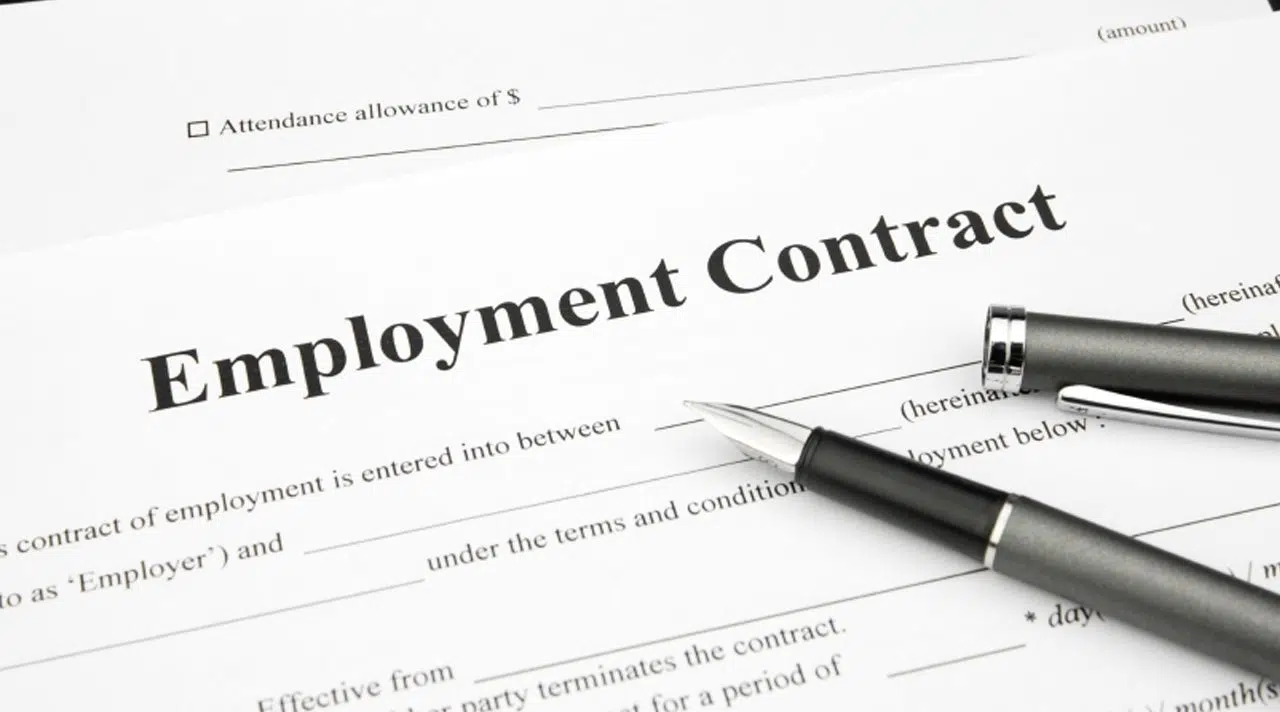Zero hour contracts are a type of employment contract that enable the employer to expect that an employee is available to work on an “as needed” basis, but they don’t commit the employer to offer any work at all on any sort of regular basis. Often hailed as being weighed heavily in favour of the employer, this way of working comes in for regular scrutiny.
In reality, by inviting an employee to sign a zero hour contract, the employer has access to a workforce that’s signed up and committed to working for them without the need for reciprocal commitment on their part. In other words, this way of working means employers have their workforce “on-call”, without any financial undertaking from their point of view. While this situation may seem like the nirvana that employers have been looking for for years, it’s important to say that the sting in the tail is that employees who have engaged in zero hour contracts are under no obligation to accept the work that they are offered.
What this means is that employers sometimes find themselves calling on zero contract workers only to find they are unavailable when they need them most.
Not surprisingly, zero hour contracts have come in for their fair share of headline grabbing criticism since their introduction. Most of that criticism is surrounding the view that they open up huge opportunity for unscrupulous employers to exploit their workforce. That said, when looking at the number of employees on zero hours contracts as a proportion of the total workforce, since the year 2000 there has been both a significant drop and then a subsequent rise towards 2012, but the overall total now is pretty much what it was in the year 2000. So perhaps there is little ground for criticism because the opportunity is not being any more over-used now than it was over a decade ago.
In many ways therefore, the concept has stood the test of time.
However, an interesting statistic is that the number of hours worked per week by individuals on zero hours contracts has significantly reduced over this same period, dropping from around 31 hours per week to around 22. Somewhat surprisingly, public services are one of the biggest sectors publicly sited as using zero hour contracts, alongside distribution, accommodation and food services, both of which admit to around 30% of their employees being on zero hour contracts.
The employer advantages of this sort of contract are easy to see and include such things as:
- Flexibility to increase and decrease employee numbers as business needs and opportunities arise, without ongoing commitment to employees.
- Ability to retain access to skilled staff who know their company and culture, again without ongoing commitment to provide those people with regular work.
There are additional advantages for both parties, such as the ability to retain staff who have perhaps availed of early retirement but who want to work on an ad hoc basis. But where the future lies with this type of contracts seems to regularly be placed in the lap of the Gods.
One sector that has been an all time high-user of zero hour contracts is the care sector, and Allied Healthcare boss Dr Richard Preece, recently put his head on the chopping block by questioning whether or not this type of contract really lends itself to such a “touchy-feely” industry. Really putting the cat amongst the pigeons whilst appearing on a Channel 4 News item, Preece suggested that this way of working, particularly in the care sector may need to be changed. A company that appears to use zero hours contracts in a fairly responsible way; they say that these staff get 2 weeks notice of their hours and they work an average of 25 hours per week, the medical director of care suggested that this still wasn’t good enough. Quoted as saying that “identifying, attracting and retaining” the best care workers was firmly on the agenda of the UK’s leading domiciliary care and healthcare staffing service provider, he also stated that one of the key areas they are looking at is the use of zero hour contracted staff.
On this subject, the Department for Business, Innovation and Skills launched a consultation on the subject of zero hour contracts that will close on 13 March 2014. Here is an overview of their Consultation:
“To address exclusivity clauses in zero hours contracts, the government is seeking views on the following options:
- Legislating to ban the use of exclusivity clauses in contracts that offer no guarantee of work;
- Government issuing guidance on the fair use of exclusivity clauses;
- Encouraging the production of an employer-led Code of Practice on the fair use of exclusivity clauses, with an additional option to seek Government sponsorship of that Code; or
- Rely on existing common law redress which enables individuals to challenge exclusivity clauses.
To improve transparency over zero hours contracts, the Government is seeking views on:
- Improving the content and accessibility of information, advice and guidance;
- Encouraging a broader, employer-led Code of Practice which covers the fair use of zero hours contracts generally; and
- Whether and how Government could produce model clauses for zero hours contracts.”
If you currently rely on zero hour contracts to turn the wheels of your business and are worried what the future may hold, why not get in touch? While we don’t have a crystal ball, we can help you formulate a strategy for the day you might need it.






